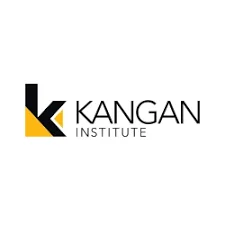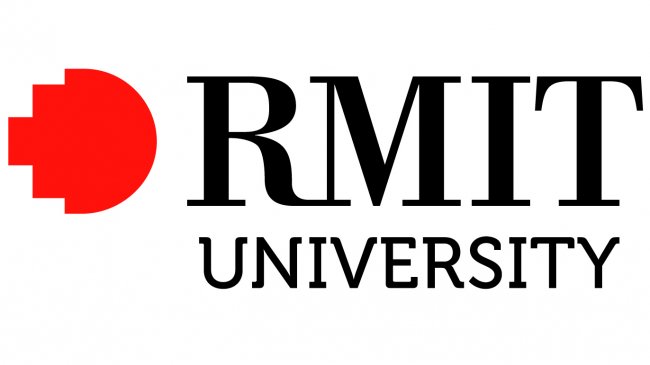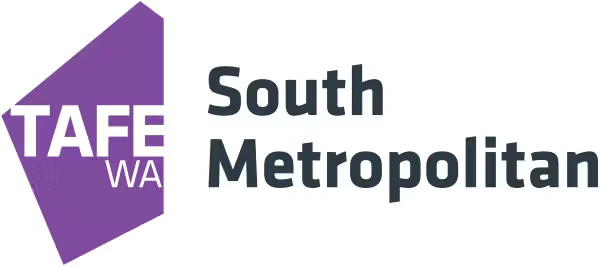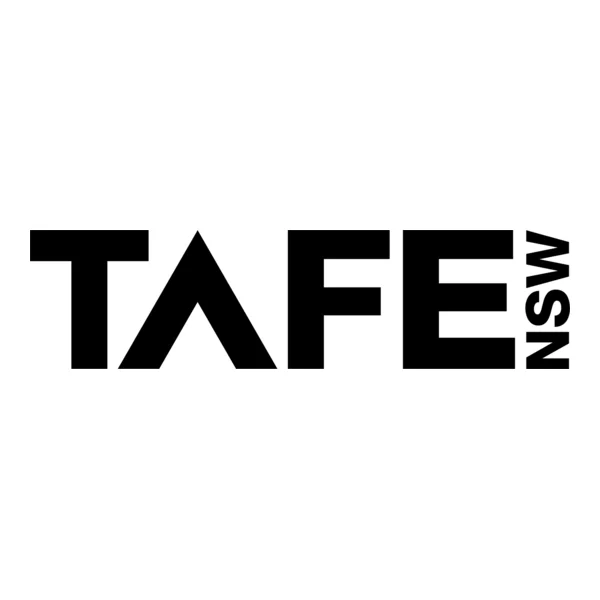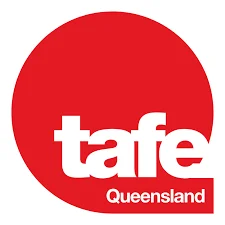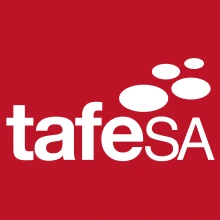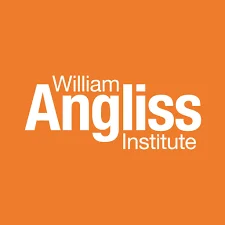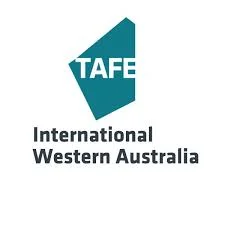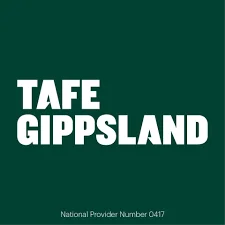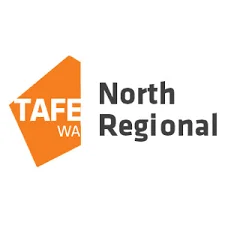For International students, especially Nepalese students, Australian colleges can be excellent alternatives to traditional universities.
Unlike universities that focus heavily on research and large-scale academic programs, colleges focus on providing practical, hands-on learning, giving students the opportunity to gain more real-world and professional skills.
Here’s a few pros to opting for colleges instead of universities, while you are considering studying in Australia:
Affordable Education
One of the major advantages of studying in Australian colleges is the financial aspect.
The tuition fees are lower than universities, which makes it easier for students to manage studies and living expenses, reducing the financial burden.
Smaller Classes
The smaller class sizes in colleges means students get more attention and personalized guidance from teachers.
Flexible Pathways to Universities
Colleges offer pathway programs, allowing students to transfer to a university degree later on, if they wish to do so.
Industry-Relevant Skills
Colleges focus primarily on practical learning and employability.
The courses offered are designed to prepare students for the workforce with hands-on experience and industry connections.
Fast-Track Learning
College courses are shorter and more focused.
This allows students to complete their studies faster and enter the job market earlier compared to traditional university programs.
Best Colleges to Consider in Australia
These colleges fall among the most trusted and recognized institutions in Australia for their practical programs, smaller class sizes, and strong industry connections.
These are all plus points for international students.
Studying at these colleges will expose you to a diverse and supportive campus community, and you will be gaining skills and opportunities in the fields of business, hospitality, technology, health, and creative industries.
To be able to get admission into these colleges, you will have to meet the academic requirements, English Language proficiency, and submit the applications on time.
Early preparation is very crucial as the programs may fill up quickly.
For many students, including those from Nepal, these colleges provide a practical, affordable, and career-focused pathway to higher education in Australia.
Box Hill Institute provides vocational programs with a strong focus on employability and applied learning. Its modern facilities and industry-aligned curriculum make it easy to gain experience while studying.
Chisholm Institute delivers career-focused education across health, technology, and trades. Its strong emphasis on applied learning and industry experience ensures graduates are ready to meet workforce demands.
Holmesglen Institute is known for its professional training in areas such as design, health, and trades. Students benefit from hands-on learning, expert instructors, and pathways to further education or employment.
Kangan Institute focuses on trades, health, and creative programs with an emphasis on practical, career-oriented learning. Its modern campuses and supportive environment help learners adapt quickly to professional life.
RMIT CVE blends academic excellence with hands-on training across multiple industries. Its courses are designed to equip learners with the skills and confidence needed to succeed in competitive career fields.
South Metropolitan TAFE offers practical, career-focused programs across fields like business, health, and trades. Its strong industry partnerships and hands-on learning approach help students gain the skills and experience needed to succeed in their chosen careers.
TAFE NSW provides a wide range of vocational courses with flexible study options to suit different career paths. With practical training and industry partnerships, students gain skills that are immediately applicable in the workforce.
TAFE Queensland offers practical courses across multiple fields, combining flexible study options with industry-relevant training. Its programs focus on skill development that meets the demands of modern workplaces.
TAFE SA offers courses across diverse industries, including business, health, and hospitality, emphasizing practical skills and real-world experience. Its strong industry links ensure that students graduate with career-ready competencies.
William Angliss Institute is renowned for its hospitality, tourism, and culinary programs, offering hands-on learning with real industry experience. Its strong connections with leading businesses ensure graduates are ready for global career opportunities.
Why should you study in colleges in Australia?
Australian Colleges are globally respected for their high standards of education and commitment to student success.
When you’re admitted to one of the top institutions in Australia, you’ll join an academic environment that prioritizes innovation, hands-on learning, and a student-centered approach—all delivered by experienced and supportive faculty.
There are many compelling reasons why students from Nepal and around the world choose Australia for their higher education.

Understanding these benefits will help you make an informed decision about your academic journey.
Affordable Education: Colleges offer lower tuition fees compared to universities, making it easier to access quality education without breaking the bank.
Practical Learning: Programs focus on hands-on, real-world experience, ensuring students gain skills they can immediately apply in their careers.
Smaller Classes: With fewer students in each class, learners receive more individual attention and personalized guidance from instructors.
Strong Industry Connections: Colleges maintain partnerships with businesses and organizations, offering valuable opportunities for internships and work experience.
Flexible Pathways: Many colleges provide pathways to universities, allowing students to upgrade to a degree program if they choose.
Career-Focused Programs: Courses are designed to align with industry needs, equipping graduates with skills that employers actively seek.
Modern Facilities: Campuses are equipped with state-of-the-art labs, workshops, and resources to support learning and professional development.
Supportive Environment: Colleges provide guidance, mentoring, and resources to help students thrive both academically and personally.
Scholarships and Financial Aid: A variety of financial support options make education more affordable and accessible.
Inclusive and Diverse Community: Colleges foster multicultural campuses where students from all backgrounds feel welcomed and supported.
Prakash Regmi
Sr. Student AdvisorThe educations quality in Canada meets all the standards expected by employers in all fields of work. The Canadian education system is also recognized by employers globally for having really high standards. and producing graduates that are ready to face real world challenges.
Graduates from Australian institutions enjoy strong global career prospects thanks to programs that are designed in collaboration with industry.
From internships and practical training to post-study work opportunities, Australia equips students with the skills and experiences needed to thrive in the global job market.
As you explore colleges in Australia, it’s important to review each institution’s entry requirements and application procedures.
Most top universities require proof of English language proficiency, typically through tests such as IELTS, TOEFL, or PTE.
Application timelines and requirements can vary, so staying informed and organized is essential.
Each Australian institution has its unique strengths, course offerings, and campus culture.
For the most accurate guidance, it’s best to consult directly with the universities or work with trusted education consultants like Goreto Educational Consultancy.
Choosing to study in Australia means more than earning a degree—it means gaining an internationally respected qualification, enjoying a vibrant lifestyle, and accessing a network of academic and professional opportunities that will shape your future.
Affordable & Student-Friendly Colleges in Australia
Not every student needs to aim for the most expensive or highly competitive institutions.
Australia also offers excellent colleges that combine quality education with lower tuition fees, making them attractive for Nepali and other international students.
These schools are often located in smaller, welcoming cities with strong community support.
TAFE Western Australia offers practical, career-focused programs across trades, business, health, and technology. Its hands-on learning approach and strong industry links prepare students for real-world employment.
SWSi TAFE is known for its diverse vocational programs and strong support services. The college emphasizes practical training that equips students with skills directly relevant to the workforce.
TAFE Gippsland offers a wide range of courses in trades, business, and creative industries. Its programs combine theoretical knowledge with hands-on experience, helping students gain confidence and employable skills.
Melbourne Polytechnic provides vocational education in business, health, hospitality, and trades at affordable fees. Its programs are tailored to give students practical experience and clear pathways for career growth.
TAFE Northern Territory offers practical programs across multiple industries with a focus on skill development. Its strong connections with local businesses and flexible study options help students succeed in their chosen careers.
Quick Comparison between Universities and Colleges in Australia
| Aspect | Universities | Colleges (TAFEs/Institutes) |
| Focus | Academic, research-oriented, theory + practice | Career-focused, practical, vocational training |
| Programs | Bachelor’s, Master’s, PhD | Diplomas, Certificates, Advanced Diplomas, and some Degrees |
| Duration | 3–4 years (Bachelor’s), 1–2 years (Master’s) | 6 months – 2 years (most programs) |
| Tuition Fees | AUD 20,000 – 35,000 per year (average for internationals) | AUD 7,000 – 15,000 per year (varies by program) |
| Living Costs | Higher in big cities like Sydney, Melbourne | Often lower in regional cities (Geelong, Darwin, Sunshine Coast) |
| Entry Requirements | Higher academic entry (12 years + English proficiency) | Flexible entry, skill-based focus, English proficiency required |
| Career Outcomes | Professional careers, higher-level roles, pathways to postgraduate study | Immediate job readiness, trades, cookery, childcare, and community services |
| PR (Permanent Residency) Pathways | Stronger in professions like Nursing, Engineering, and IT | Strong in trades, cookery, childcare, and community services |
| Class Sizes | Larger, though it varies by faculty | Smaller, more personalized learning |
| Best For | Students seeking academic degrees and global recognition | Students seeking affordable, practical skills and quick employment |
Australia offers a wide range of affordable study options for international students, from research-focused universities to practical, career-driven colleges.
For Nepali students, both pathways provide excellent opportunities to gain quality education, enjoy a supportive lifestyle, and build strong career prospects.
Universities are ideal for those aiming for academic degrees, professional careers, and long-term recognition, while colleges are perfect for students seeking skill-based learning, affordable tuition, and faster entry into the workforce.
By choosing the right institution based on budget, career goals, and lifestyle preferences, students can make the most of their Australian education journey and open doors to global opportunities.
Common Questions International Students have regarding Colleges in Australia
Colleges are more affordable, career-focused, and provide pathways to universities if you want to upgrade later.
Yes, most colleges are government-recognized and their qualifications are valued globally, especially for vocational careers.
Tuition fees usually range from AUD 8,000 to 15,000 per year, depending on the program.
Yes, international students can work up to 48 hours per fortnight during study sessions and unlimited hours during breaks.
Some colleges offer partial tuition fee waivers or merit-based scholarships, but they are less common than at universities.
Colleges provide vocational and technical courses in fields like business, IT, health, hospitality, and trades.
Yes, college programs emphasize practical training and industry links, which improve employability.
Yes, many colleges have formal pathways that allow credit transfer to universities.
Most colleges require IELTS 5.5–6.0 or equivalent (PTE, TOEFL) depending on the program.
You can apply directly online or through a trusted consultancy like Goreto Education for guidance and support.





